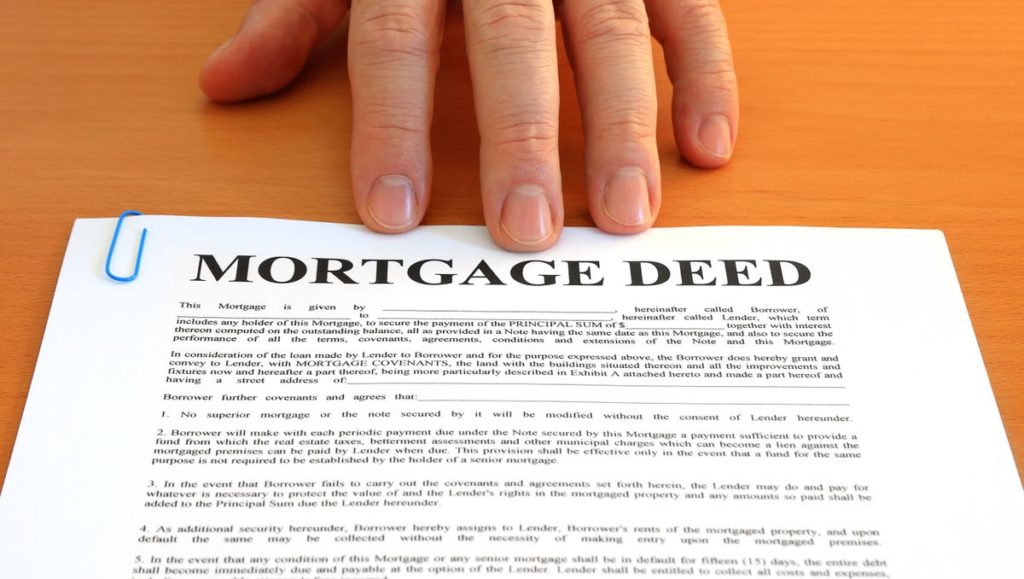Yes. A security interest in real estate expires (in other words, become unenforceable) seven years after expiration of the maturity of the debt. Or, if the language in the security deed contains an affirmative statement with the intent of establishing a perpetual security interest, then the expiration date is the later of (a) seven years from the maturity of the debt or (b) 20 years from the date of the conveyance. See O.C.G.A. § 44-14-80(a).
If a security deed expires based the above paragraph, the property reverts back to the borrower. This means the lender loses its security interest in the property and cannot foreclose.
An additional consideration is what happens if the loan is extended. O.C.G.A. § 44-14-80(b) answers this: as long as the loan is extended before the seven or 20 years—and, importantly, the extension is recorded on the public record—then the security interest is also extended by seven or 20 years (depending on the language in the security deed).
The import of recording an extension was the subject of a recent Georgia appellate decision. Bell v. Freeport Title & Guaranty, A20A0133 (May 1, 2020). In Bell, the loan and security went into default in 2007. However, the borrower signed two extensions. These extensions were never recorded on the public record. The lender foreclosed on the loan in 2015. The Georgia of Court of Appeals ruled that because the two extensions were not recorded, the lender’s security interest expired in 2014. Thus, the reversion of the property back to the borrower in 2014 voided the 2015 foreclosure.
Although mentioned in a footnote, Bell makes an important point, which is the grantee (here, the lender) has the duty to record its deed. Reidling v. Holcomb, 225 Ga. App. 229, 230-231 (1997). By failing to record the extensions, the lender had no one to blame but itself.
Please call Gomez & Golomb at 404-382-9994 if you have any questions about title to your property.

